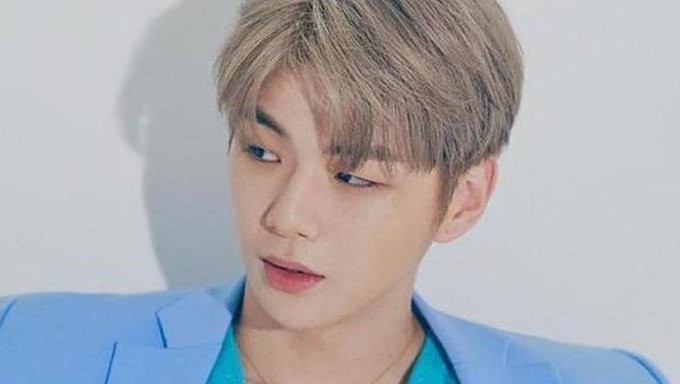
If you think K-Pop idols live an idyllic life, think again. Many of these stars are bound by restrictive agreements that govern their appearance, activities, and performances. In fact, some believe that these companies go too far, putting so-called 'slave contracts' in place.
According to diamondlaw.ca, going to court is sometimes the only option to get responsible parties to pay damages. With the strict rules and contracts that K-Pop stars must sign, it shouldn't be surprising that so many decide to take legal action.
Here are our top three cases where K-Pop idols took matters into their own hands and sued their companies.
Kang Daniel and LM Entertainment
In 2019, Kang Daniel filed a lawsuit to terminate his contract with LM Entertainment. The dispute was eventually settled in September of that year, but not before the idol revealed that he believed the agency was in breach of contract.
According to the young star, LM and MMO Entertainment had created a joint business agreement that allowed the company to negotiate his projects without his consent. In essence, they controlled any public appearances, including broadcast, film, and concert performances.
Things got so out of hand that Kang Daniel was diagnosed with depression, and reports claimed the symptoms were getting worse. Eventually, the idol and LM Entertainment reached an agreement, with both agreeing to cut ties without further legal action.
B.A.P and TS Entertainment
B.A.P isn't the first group of artists to sue TS Entertainment, and they weren't the last, either. The suit was filed in 2014, and several members claimed that the company would mistreat its artists. More importantly, they stated that the agency wouldn't pay them fairly, keeping almost all profits for itself.
While not all the details have been made public, idol Bank Yongguk revealed he once had to sell his collection of shoes to pay legal fees. He was so broke that he moved in with his parents and even went back to delivering newspapers.
The former K-pop star eventually published a book in which he vaguely mentions how poorly the agency treated the group and the artist himself. Other ex-members have gone on to become solo performers or actors.
Han Geng (Super Junior) and SM Entertainment
https://www.flickr.com/photos/188861662@N05/50427598248/in/dateposted-public/
Although he was only a Super Junior member for four years, Han Geng filed to terminate his contract with the entertainment company in 2009. According to the star, he'd been a pale-skinned and good-looking idol. He danced well and did as he was told.
However, when the agency decided that he couldn't pursue his dreams of acting and demanded that he put the company and the group ahead of himself, he refused. Performing on screen was one of Han Geng's goals, and he just couldn't see himself as a K-pop idol past thirty.
The revelation upset many of the idol's fans, who felt that the performer didn't care about them. However, as an award-winning actor, it's probably Han Geng who's having the last laugh.
Conclusion
There's no denying that the world of K-pop is as strict as it is competitive. Although the music has fans worldwide, the artists are rarely treated fairly. These are just some of the cases where performers have decided to sue their agencies.
From rumored slave contracts to unfair terms and abuse, saying that the industry is cutthroat wouldn't be a lie. That said, with its growing global popularity, we'll likely see many more artists rise to fill the gaps left by former idols. Whether the industry will become fairer, however, is another matter entirely.












